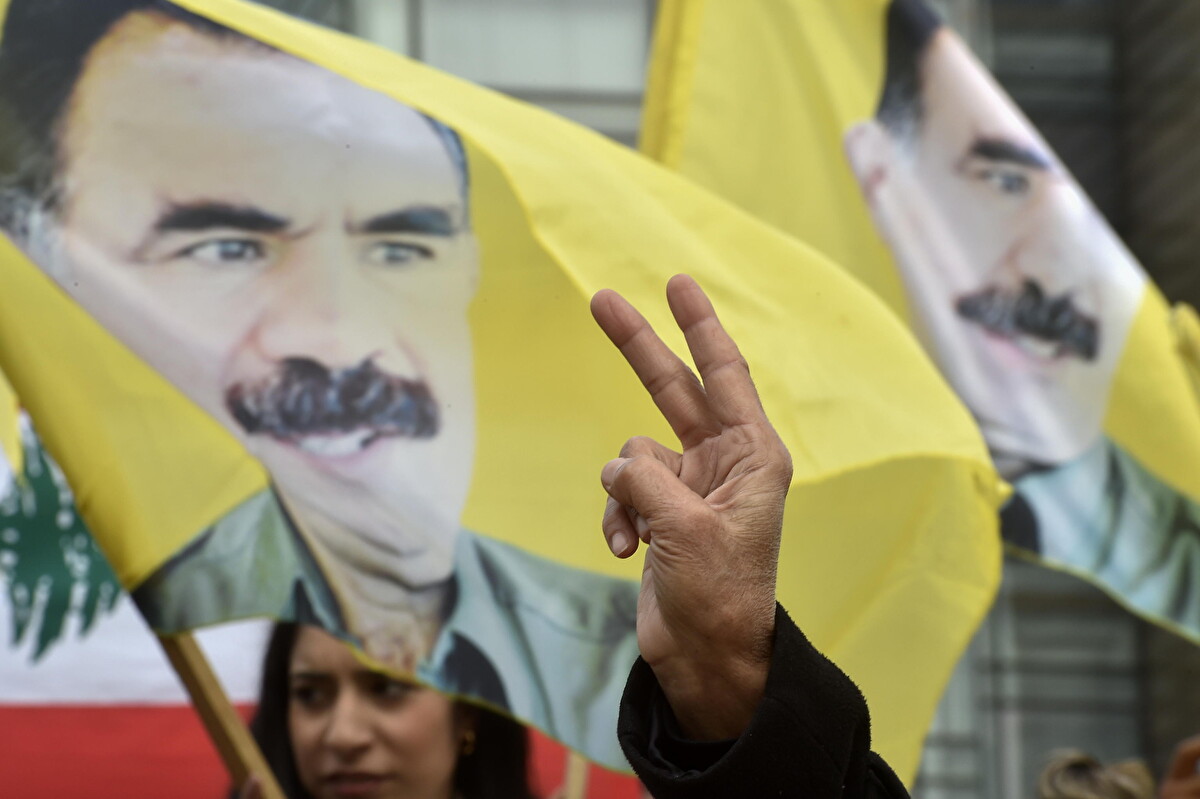In a landmark statement, Abdullah Öcalan, founder of the Kurdistan Workers’ Party (PKK), has called for the official disbandment of the PKK and other Kurdish militias, urging them to lay down their arms against Turkiye.
The declaration, read by representatives of the Peoples’ Democratic Party (DEM) in an Istanbul hotel, took a reflective look at the historical roots of the conflict between the Kurds and Turkish authorities. Öcalan stressed the necessity of a new political era centered around dialogue and mutual understanding.
The PKK, according to Öcalan, emerged in a century marked by two world wars, the collapse of socialist states, and the suppression of ethnic identities, including that of the Kurds. However, he argued that the group has long outlived its historical purpose and that its dissolution has become “inevitable.”
Öcalan, who co-founded the PKK in 1978 alonside four companions, recalled that for over a millennium, the relationship between the Kurds and the Turks had been one of coexistence and alliance, often against foreign powers. Yet, he argued, this cooperation was undermined by the rise of “capitalist modernity” and the imposition of a nationalist, unitary vision of the state. He called for a political reorganization that would embrace cultural diversity and promote the “democratization” of Turkish society.
“Every modern nation is based on the recognition of identities and freedom of expression. The closure of political avenues has contributed to the rise and strengthening of the PKK. Today, however, the historical moment demands a change. The only path forward is through democracy and dialogue,” Öcalan stated in his message.
He further urged the PKK to convene an extraordinary congress to officially declare its dissolution and the end of armed resistance. “Any political entity worthy of respect must choose to integrate into society and the state through peaceful means. I therefore call on the PKK to announce the end of the armed struggle.”
Öcalan’s message was read in both Kurdish and Turkish, shortly after the DEM delegation visited him at the İmralı prison in the Sea of Marmara, where he has been incarcerated since 1999.
The development comes after months of secret talks and meetings involving the government, parliamentarians, and senior figures from the Kurdish militant movement. The initiative was first raised publicly by Devlet Bahçeli, leader of the Nationalist Movement Party (MHP), during a parliamentary session on October 22, setting the stage for the public reading of Öcalan’s appeal.
Sırrı Süreyya Önder, the DEM spokesperson, expressed gratitude towards President Recep Tayyip Erdoğan, Bahçeli, and Özgür Özel, leader of the Kemalist CHP, for fostering a conducive environment for dialogue. “We thank everyone who supported this process, from intellectuals and academics to artists and ordinary citizens who have always hoped for peace. This marks a new beginning for Turkey,” Önder said.
Sources close to the negotiations suggest that Öcalan’s decision to publicly release his message was influenced by the shifting stance of the MHP, which had previously been a key obstacle to reconciliation between Ankara and the Kurdish group.
In a symbolic gesture during the opening of the parliamentary year, Bahçeli, a former Grey Wolf member, shook hands with representatives of the Kurdish movement. “It was not a casual gesture. I extended my hand to convey a message of unity and national brotherhood,” Bahçeli explained, expressing confidence that Turkey’s stability would depend on finally overcoming the Kurdish issue.
According to multiple estimates, since 1984, the armed conflict between Turkey and the PKK has reportedly claimed over 40,000 lives, including military personnel, police forces, and civilians, many of whom died in terrorist attacks. The conflict has also caused millions of displacements, particularly in southeastern Turkey, where entire communities have been destroyed by violence.
After Öcalan’s imprisonment, the group’s operational reins passed first to Murat Karayilan – who in 2014 took over as commander of the People’s Defense Forces, i.e., the PKK’s military wing – and since 2013 to Cemil Bayik, although spiritual leadership and political direction remained Öcalan’s prerogative.











